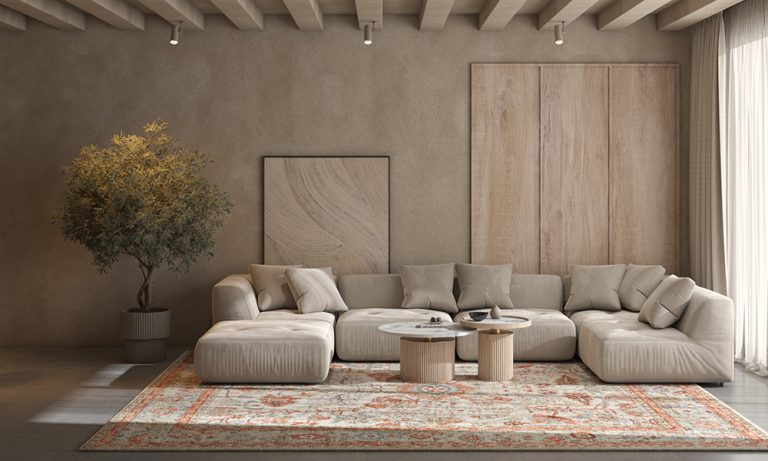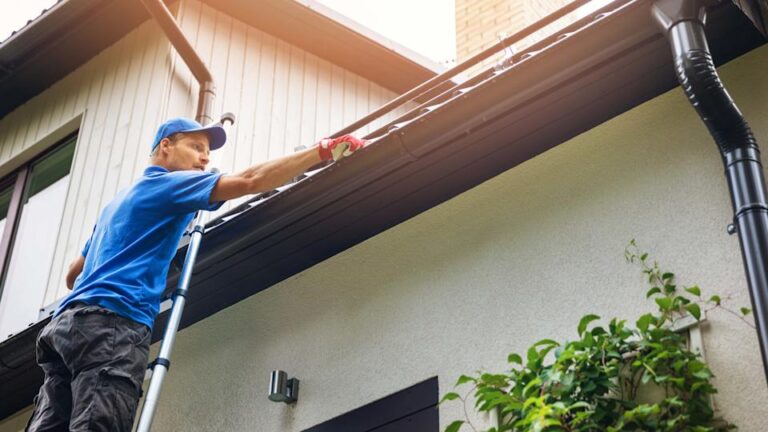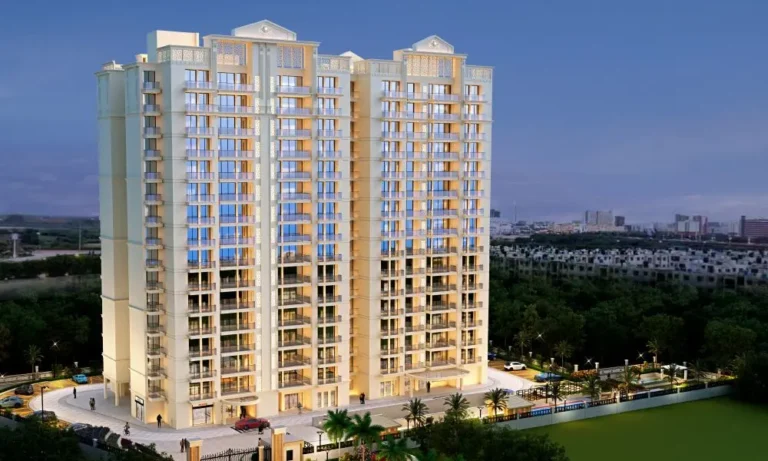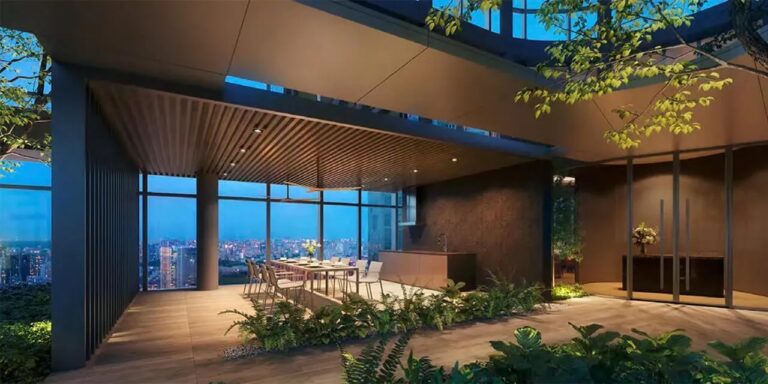
Renter’s insurance is essential to any renter’s home insurance coverage, but that doesn’t mean all renters need the same kind of coverage or the same amount. Manufactured home renters insurance varies from other types of insurance in that it covers your manufactured home instead of protecting your belongings and your liability to third parties.
What Is Home Renters Insurance?
Homeowner’s insurance does not typically cover personal property such as furniture, electronics, and appliances. To protect these items, homeowners need to get renters insurance. A typical renters insurance policy will cover your belongings if they are stolen, damaged, or destroyed by a covered peril. For example, if your clothes dryer catches fire and burns down your apartment building, you would be substituted for the cost of replacing your clothes and other personal possessions that were damaged in the blaze.
How Does It Differ From Other Types Of Insurance?
Homeowner’s and renter’s insurance are two different types of insurance that protect your personal property from damage or theft. Manufacturing home insurance, also known as manufactured housing, is a type of homeowners’ insurance that covers the structure of the manufactured home (not its contents). Manufactured home renters’ insurance is more similar to homeowners’ insurance than renters’ insurance because it provides coverage for both the structure and contents of your manufactured home.
When Should I Get My Renters Insurance?
A few factors determine when you should get your manufactured home renters insurance. The first question is, how long do you plan on living at this address? If you intend to rent for less than two years, getting your renters insurance would be unnecessary. If you plan on staying in the same place for more than two years, it is time to consider protecting your assets and belongings. Another question you will need to ask yourself is, how much coverage do I need? Do you have expensive jewelry or art pieces? Do you have expensive furniture or electronics? Those items can help dictate the amount of coverage required.
What Factors Can Affect My Rate?
Your age, the size of your home and its location are some factors that can affect your rates. If you have a basement, you will have higher rates. You will also have higher rates if you live in an area prone to severe weather like hurricanes or tornadoes.






